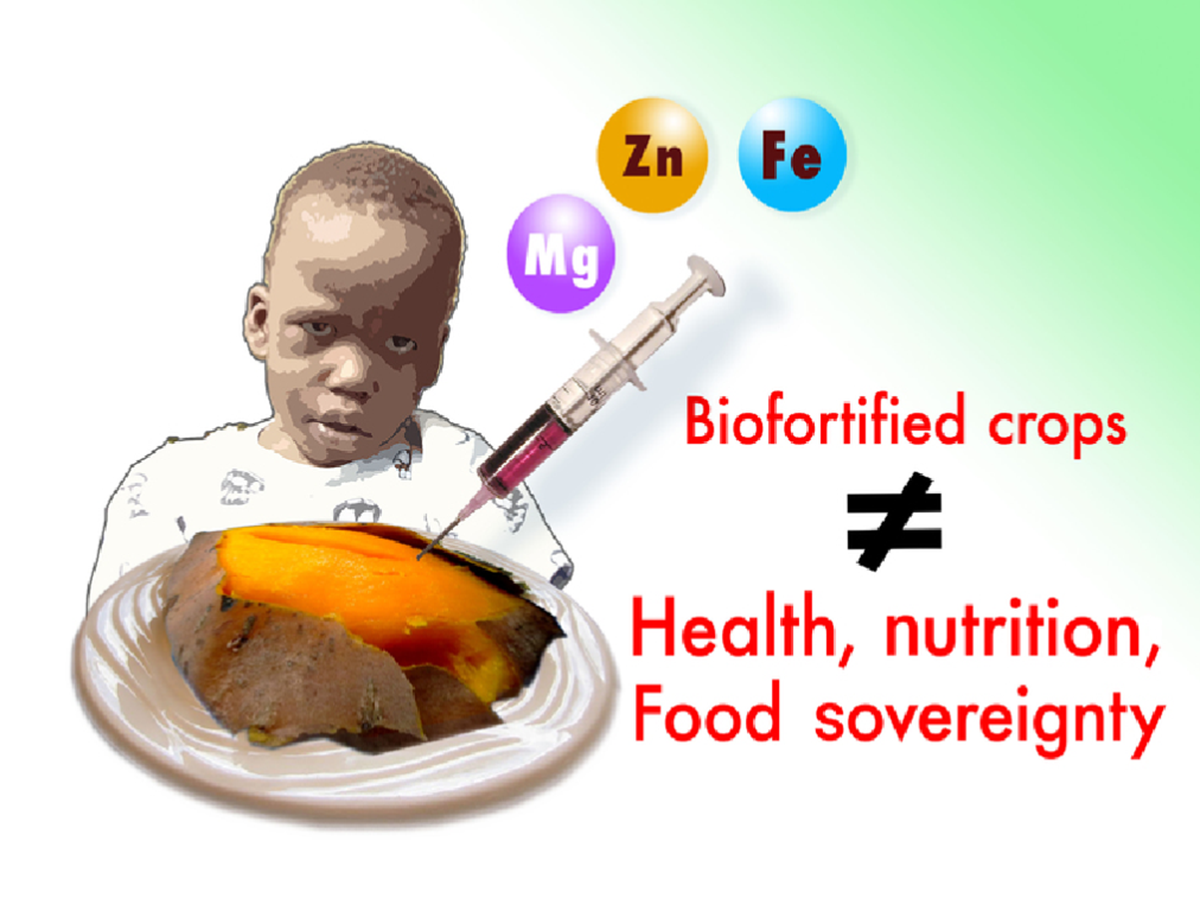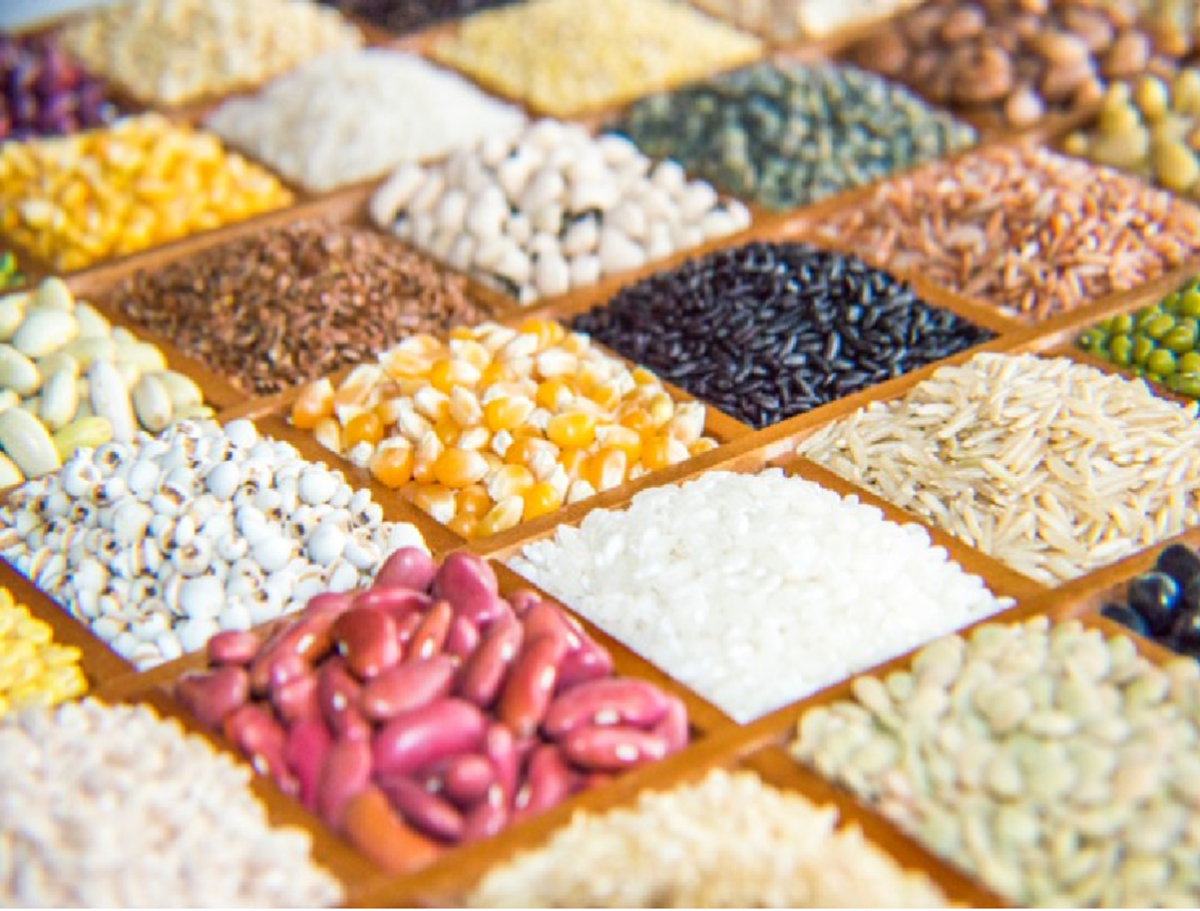
Biofortification refers to the nutritionally high food crops with enhanced bioavailability to the human population produced and grown using modern techniques, conventional plant breeding, and agronomic practices.
Conventional biofortification- Selection of plants that naturally contains high value of micronutrient of interest and crossbreeding using the conventional method to produce staple crops with desirable nutrient and agronomic features.
Agronomic biofortification- Applying rich fertilizers or sprays taken up by the edible portion of the crop.
Transgenic biofortification- Inserting genes required for the assembling of a micronutrient that would not otherwise exist in that particular crop.
The primary aim of biofortification is to reduce death and disease rates related to micronutrient malnutrition and increase food security, productivity, and the quality of life of poor populations in developing countries.
It is the process of increased nutritional value of food crops by adding the density of vitamins and minerals in a crop either by conventional plant breeding, agronomic practices or biotechnology.
Benefits of Biofortification crops
1. Biofortified crops are more nutrient-dense than non-biofortified. Therefore, the same amount of eating biofortified crops gives more nutrients to the human body than non-biofortified crops.
2. Iron biofortified crops show promising results, as partially iron-biofortified rice has improved the fertility of Philippines women, iron-biofortified pearl millet has reversed iron deficiency in India's children iron-fortified beans have improved the iron stores in women in Rwanda.
3. A carotenoid is first absorbed in the body and then transform into the active form of vitamin A. According to the needs of nutrients. Comprehensive proofs that vitamin A biofortified sweet potato diminishes the Vitamin A deficiency in children in Mozambique, Uganda, and South Africa.
Many studies have been conducted on children and adults by providing biofortified and non-biofortified crops. Results have shown that the people who have consumed biofortified crops were healthier physically and mentally as they got proper nutrients as per the body's requirement.

Farmers are interested in planting new varieties that are agronomically better than the ongoing varieties they usually cultivate. Crops with good micronutrient concentration with the same or more unsatisfactory agronomic performance will not be accepted and adopted by farmers. Therefore, biofortified varieties must be agronomically equivalent or preferably superior to the less nutrient-dense market and traditional varieties with which they will complete.
The long-term nature of developing biofortified crops and its relation with agriculture mainly focuses on speeding up the process of selective plant breeding. Nevertheless, this is changing with cheaper and efficient laboratory tests to identify the promising varieties. This biofortification is being identified as a sustainable strategy to be included in various country programs on food and nutrition security.
Efforts are going on worldwide to create demand for high-yielding biofortified crops and produce healthy food products from biofortified crops so that end-user can also benefit.









